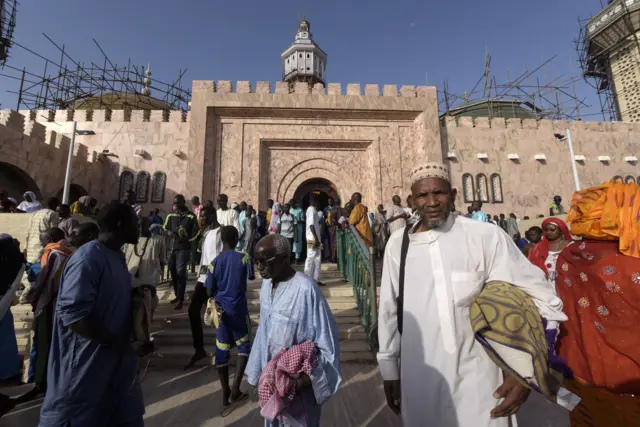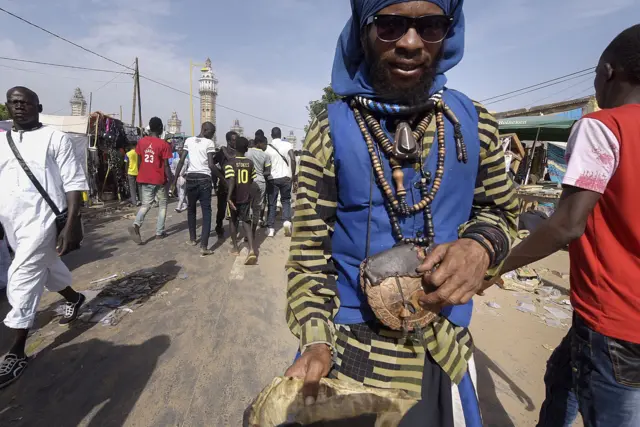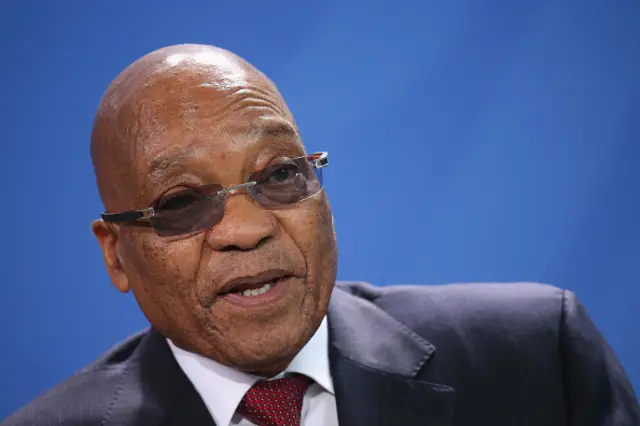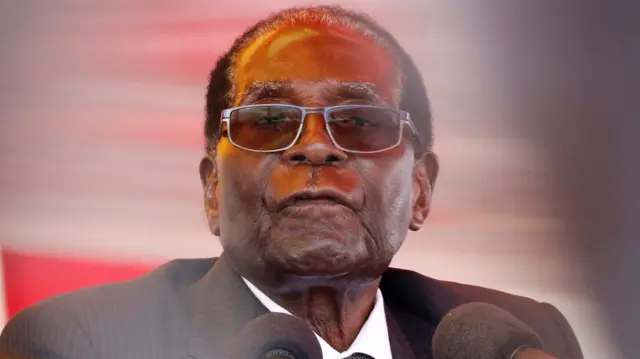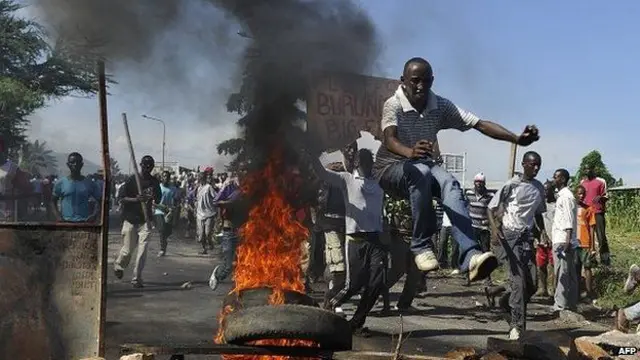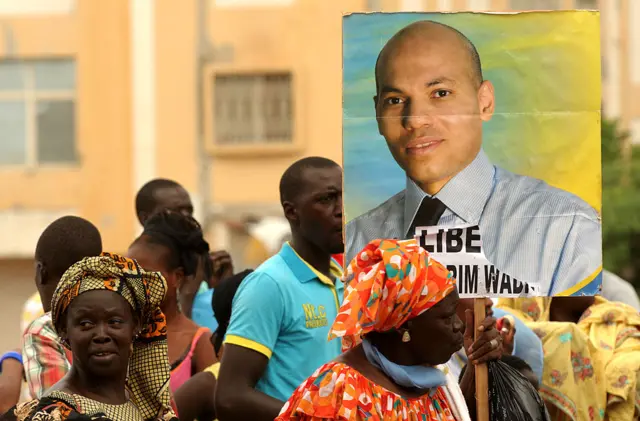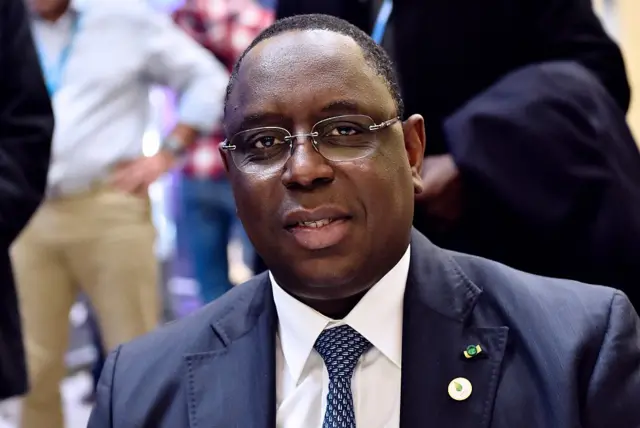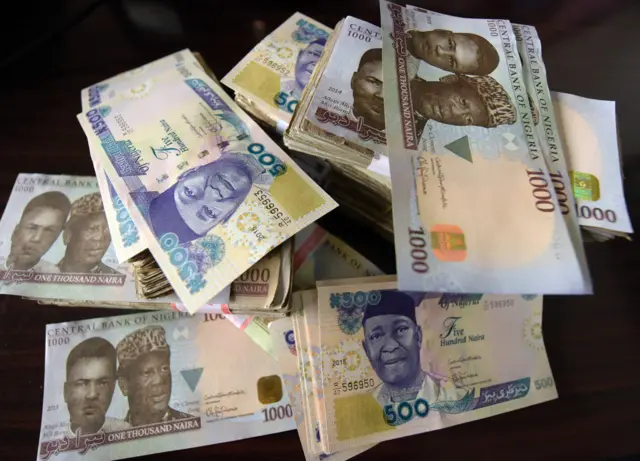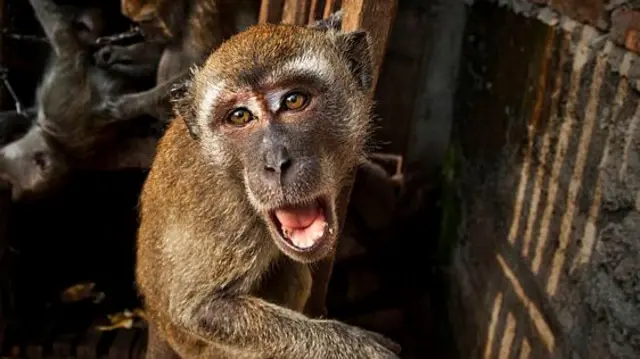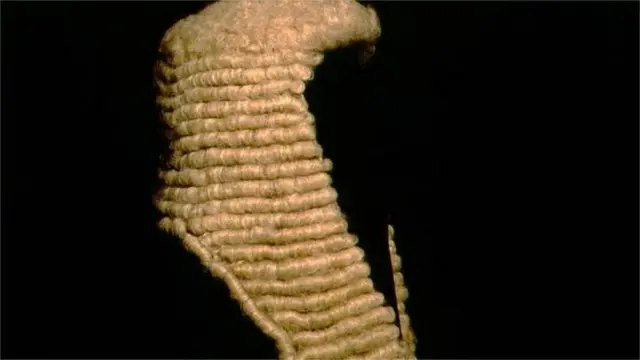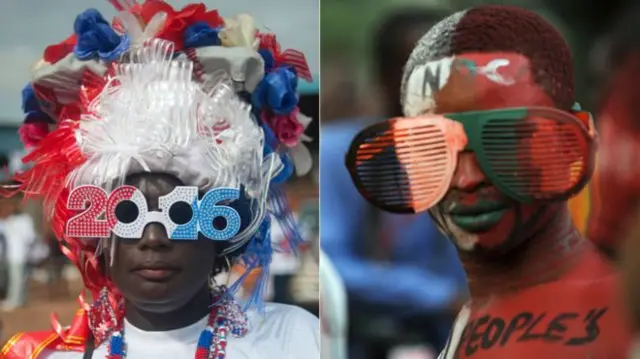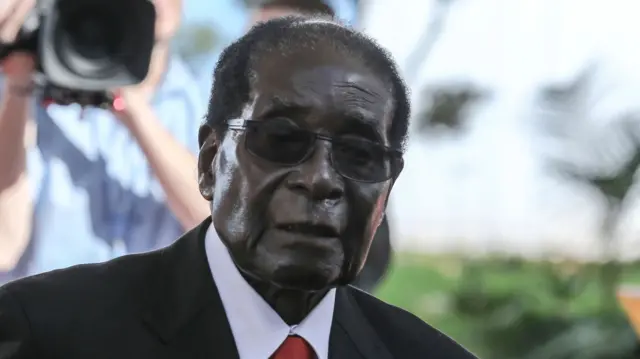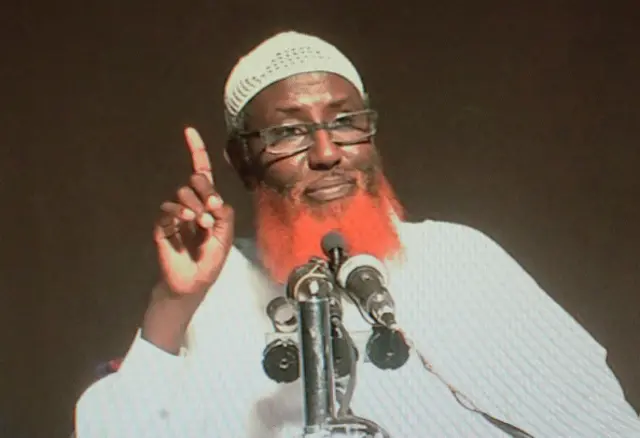Japanese troops fly into South Sudanpublished at 13:23 GMT 21 November 2016
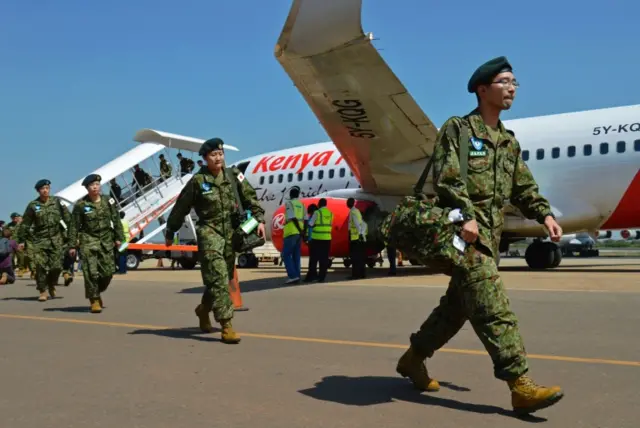 Image source, AFP
Image source, AFPJapanese troops with a mandate to use force have arrived in South Sudan to join the UN peacekeeping mission in the conflict-hit country, AP news agency reports
This is the first time since the end of World War II that Japan has given its peacekeepers the power to use force protect civilians, UN staff and themselves, though they will be tasked with engineering and construction work in the capital, Juba, the agency adds.
A total of 60 Japanese troops landed in Juba.
Another 250 are to arrive to replace a previous contingent of Japanese peacekeepers who served in the UN force in South Sudan, AP says.
More than 100,000 people have fled South Sudan since 2013 following the outbreak of conflict between forces loyal to President Salva Kiir and his sacked rival, Rief Machar.

